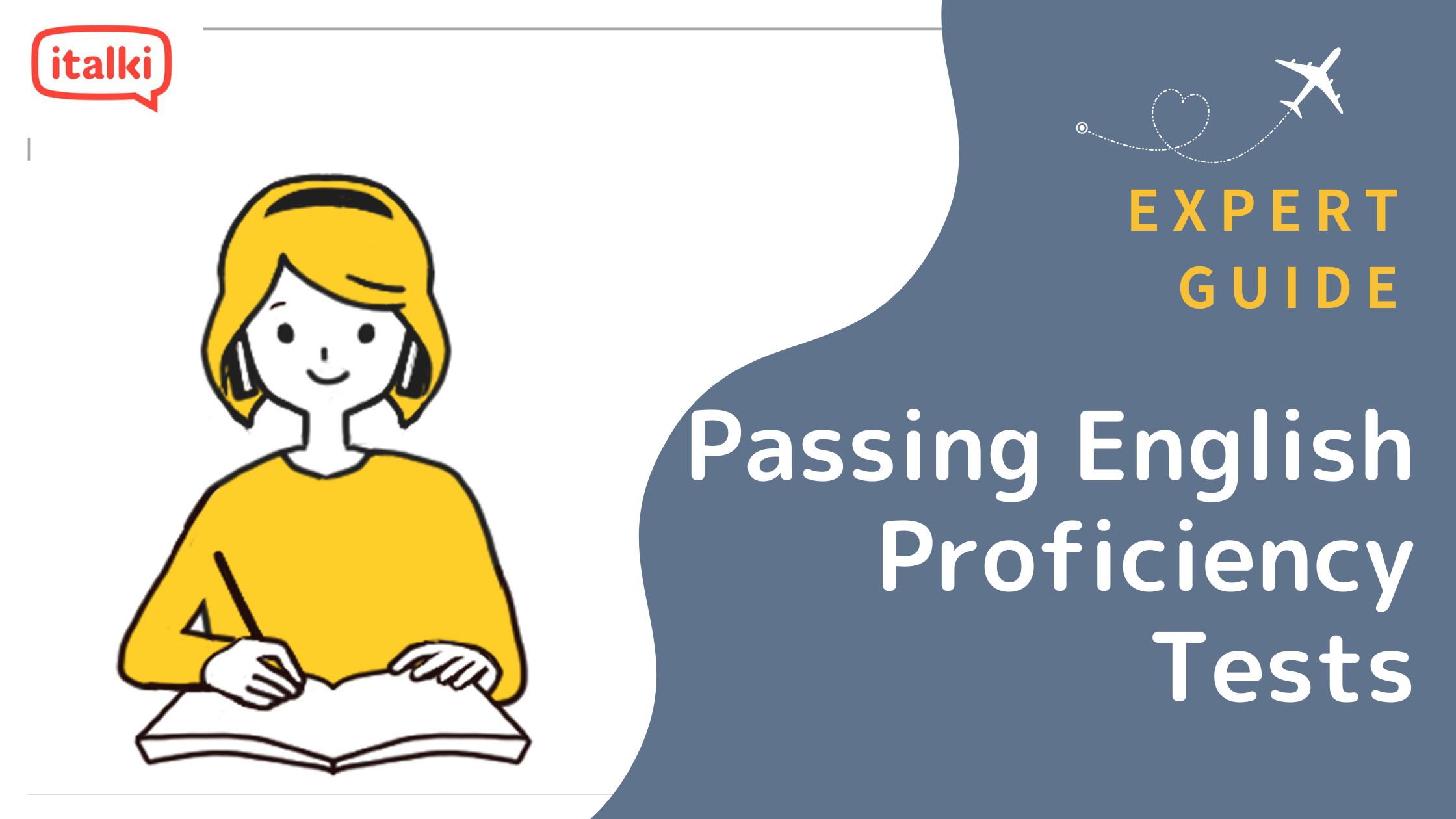Mastering irregular verbs in English is challenging because they are the rule breakers. You need to learn all the rules associated with irregular verbs in English in order to form correct English sentences. As they do not follow the regular pattern, they need to be understood properly.
Irregular verbs in English are difficult to learn because there is no single rule for them. They deviate from the pattern. All you have to do is memorize them. This guide will tell you how to recognize irregular verbs in English wherever you see them.
It is interesting to learn the history of irregular verbs, but it doesn’t help you learn them. To study irregular verbs, you must first understand what they are.
Regular verbs always have the same structure. They used to look the same and were simple to form. Adding the letters -ed at the end of the word is usually all that is required. For example:
- I play, I played, I had played.
- She laughs, she laughed, she had laughed.
Irregular verbs, on the other hand, do not follow that pattern. You can tell them apart because they look so different in the past. For example:
- I write, I wrote, I had written.
- She builds, she built, she had built.
In the simple past tense and past participle forms, an English verb is irregular if it does not end in -ed. Here’s a straightforward way to approach them:
The simple past tense describes any action that occurred prior to the present.
Regular verb: Annie worked for 45 hours last week.
Irregular verb: I spoke to John yesterday.
Other English tenses with an auxiliary (or “helping”) verb use the past participle. For example, the past perfect tense describes an action that occurred and ended in the past by using the auxiliary verb “have” + the past participle of your main verb.
Regular verb: John had worked for the factory for only 6 months when he decided to leave.
Irregular verb: Annie had spoken at over 50 schools by the time she turned 35.
If you want to learn how this actually works, check out italki. With italki, it is super easy to learn English online and know the difference between regular and irregular verbs. You can also avail the opportunity of a free trial lesson before actually enrolling in the training program.
Are irregular verbs used commonly
As most of the common verbs are irregular, learning them is essential. Some words that you use in everyday conversations are unusual. You may need to inform someone that you have started working on the new project at work. Or you could tell a friend, “I saw you in the park yesterday, but I didn’t say anything because I assumed you were busy.” Notice that the words saw and thought are both irregular.
When you consider that the English language contains over a million words, the list of irregular verbs is not very long! Learning them can still be difficult if you don’t know where to begin. You can seek guidance from English tutors available online to learn the list of irregular verbs in English. These teachers will help you learn all the necessary tips and tricks associated with regular and irregular verbs.

Find Your Perfect Teacher
At italki, you can find your English tutor from all qualified and experienced teachers. Now experience the excellent language learning journey!
Book a trial lesson
Tricks to remember irregular verbs in English
Try grouping irregular verbs
Irregular verbs do not follow any rules, which makes them difficult to remember. Some irregular verbs, however, follow a similar pattern. Instead of learning the verbs alphabetically, group them into similar groups.
The order in which you group the verbs is up to you, but here are a few suggestions from our side:
- Verbs that remain the same in the present, past, and past participle.
- Verbs that are the same in the past forms, but not the present.
- Verbs that end in -en in the past participle.
Learn vocabulary with its tense form
You can make irregular verbs easier for yourself in the future if you learn them from the start. When you learn a new verb, you should also learn its tenses. Don’t simply learn that stealing means taking something without permission. You should also be aware that its simple past tense is stolen, as is its past participle.
You need to learn past, present, and future tenses in English and associate vocabulary with the tenses. It will help you recognize irregular verbs.
Memorize the 10 most common irregular verbs
Not all irregular verbs are used frequently. Instead of going through the list alphabetically, starting with the most commonly used words. Some of the most common ones are:
1. Say, said, said
2. Go, went, gone
3. Come, came, come
4. Know, knew, known
5. Get, got, gotten
6. Give, gave, given
7. Become, became, become
8. Find, found, found
9. Think, thought, thought
10. See, saw, seen
Learn irregular verbs through games
There are a few online games that can help you remember the verbs in a fun and easy way. The British Council offers a quiz-style game, the MacMillan Dictionary offers a verb wheel, and Quia offers a Jeopardy-style game.
Make your own game out of index cards by writing the verb and its past or past participle on separate index cards. Then, with their backs facing you, flip all of the cards over in front of you.
You can now play a memory game. Flip a card, then another. If the two cards are identical, keep them face up. If they do not, flip them over and try again.
Most importantly, set goals for learning English as goals push you towards your end goal. Set realistic goals for yourself to learn English and stick to them till you get the desired outcomes.
Want to learn a language at italki?
Here are the best resources for you!
Learn in form of sentences
When the words are part of a sentence or phrase, they may be easier to remember. Learning words by putting them into sentences teaches you how to use them correctly.
For example, to learn the word see, use sentences like this: “I see the mountain, I see the valley, but I have never seen a bee in the sea”.
Be imaginative in your approach. The stranger the sentences, the easier they will be to remember. You can use rhymes, keep your sentences short, or make an entire story out of as many verbs as possible. It is up to you how you do it, as long as it helps you remember the verb forms.
Learn irregular verbs through music
Music is another excellent way to enhance the meaning of words. YouTube has a plethora of songs for remembering irregular verbs. Because you hear and see each word in context, music videos are useful for learning these verbs.
If you enjoy learning English words through videos and music, you can find music videos on sites like YouTube and create your own study playlist.
Write down verbs on paper
Sometimes simply memorizing is the best option. Divide the verbs into groups of 5 to 10 words to make it easier for you. Put the verbs on paper and place them in places where you will see them throughout the day. Looking at the list for a few minutes each day can help you remember them.
Once you feel that you have remembered the full list, move on to the next group of verbs.
Consult people for correction
Nothing beats practice but practicing correctly is equally important. If you are speaking to an English speaker, ask them to correct you if you make a mistake.
Frequently asked questions about irregular verbs in English
Q. What are the most important irregular verbs?
A. The top 10 irregular verbs in English are: see, say, go, come, know, get, give, become, find, and think.
Q. What exactly is an irregular verb?
A. The short answer is that a verb is irregular if you can’t change it to past tense just by adding “-ed” or “-d” to the end.
Q. What language has no irregular verbs?
A. Language Esperanto has no irregular verbs.
Q. What is the purpose of irregular verbs?
A. Most irregular verbs exist as remnants of historical conjugation systems. When some grammatical rules became changed or disused, some verbs kept to the old pattern.
Conclusion
There are several English learning books that can help you strengthen your knowledge of irregular verbs in English and their usage.
You can also use flashcards to write the list of irregular verbs – keep those flashcards with you all the time and try to memorize some on a daily basis.
Books and flashcards are great for memorization, but they can’t tell you when you’re using the wrong form in conversation. English teachers can catch those mistakes in real time and help you practice until irregular verbs become automatic. Online English tutor sessions give you a chance to use these verbs in sentences and get immediate feedback instead of just memorizing lists.

Find Your Perfect Teacher
At italki, you can find your English tutor from all qualified and experienced teachers. Now experience the excellent language learning journey!
Book a trial lesson


















